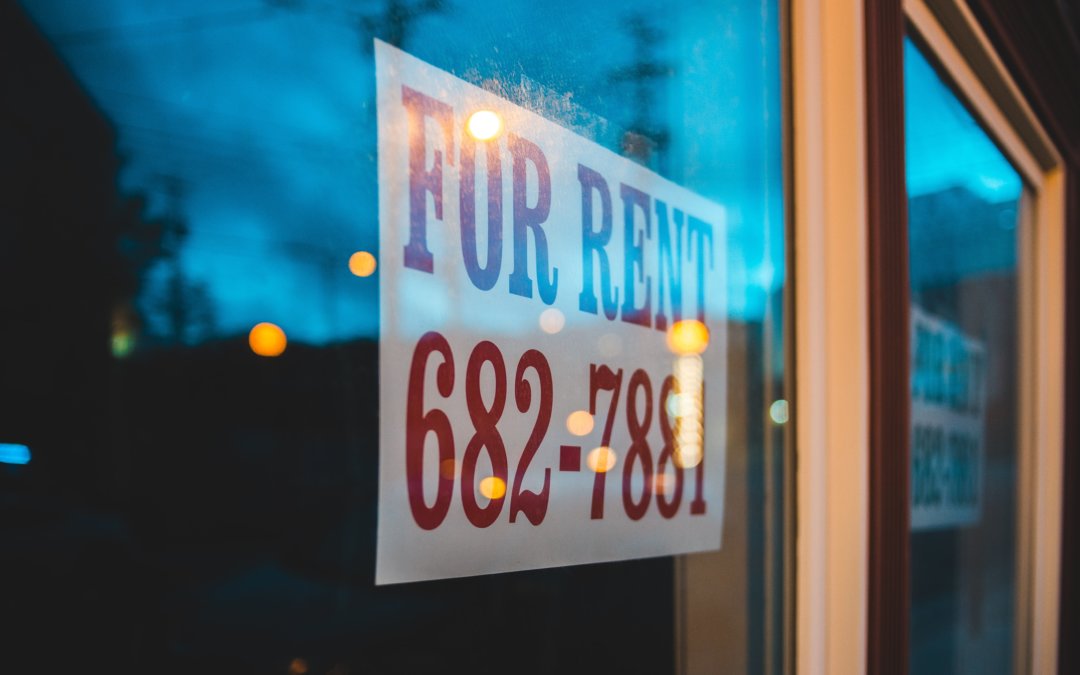The rapid rise of the housing market has been one of the most significant developments in the post-crisis economy. Despite the initial fears about the pandemic, people with sufficient means were still able to enter the market in 2020. The Federal Reserve’s decision to cut interest rates also boosted acquisitiveness.
The Fed’s decision to raise interest rates took away some of the boost that the housing market got from the policy shift. In May, home listings spiked as investors became more aware that the window to enter the market could be closing soon.
According to some estimates, housing prices are expected to continue declining throughout the year and possibly into 2023. One of the factors that will affect the affordability of homes is the rising interest rates. Also, the number of mortgage lenders will likely decline as the economy slows down, which could cause layoffs in the lending industry. As a result, home sellers are seeing the writing on the wall.
The urgency to purchase a home is also a key factor that will determine the future direction of the housing market. Despite the recent slowdown in the spring market, Selma Hepp, the Deputy Chief Economist of CoreLogic, believes that the demand for homes will continue to be strong.
According to Ralph DiBugnara, the President of a local real estate firm, the summer market will continue to be strong due to the increasing urgency to purchase. He noted that the rising interest rates could motivate more potential buyers to enter the market.
Despite the high demand for homes, Hepp noted that the current market is not in a bubble. The stricter banking regulations following the 2008 financial crisis have also kept the flow of credit restricted.
Despite the various factors that could affect the housing market, many experts believe that the major economic and monetary shifts that occurred during the past few years would not have a significant impact on the prices of homes.
As the housing market continues to transition away from sellers, more buyers will enter the market in the next couple of years.
Greg McBride, a Bankrate Financial analyst, noted that although the housing market is cooling, prices are still rising. He said that they will continue to be higher than what a home would have sold for in the past six to 12 months.
According to Capital Economics, house price growth is expected to slow down from 5% to 3% in the next couple of years due to the rising interest rates. It also projects that the annual growth rate will fall to -5% by mid-2023 and then gradually recover to 3% by the end of the decade.
One of the most important factors that investors should consider when it comes to the housing market is the validity of the opinions of experts. Although they may be right, they may also be dead wrong.
In 2005, Ben Bernanke, the former chairman of the Federal Reserve, noted that the housing market was not in a bubble. He said that it was unlikely for home prices to rise during that period. Despite the current debate about the housing market, it’s still important to remember that good old-fashioned common sense and basic economics can still be used to make wise decisions.

